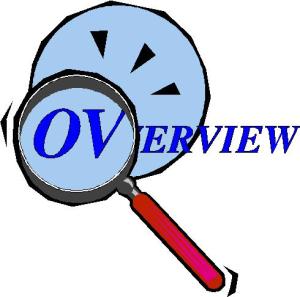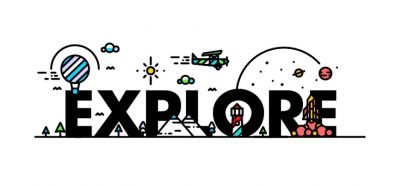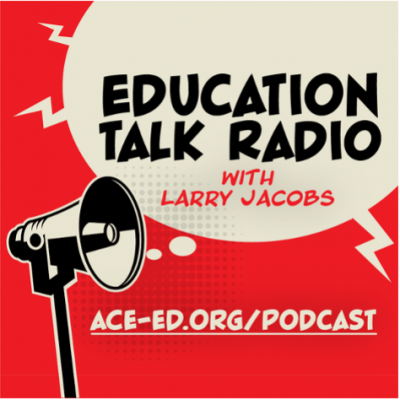Section 1.3 What We Know — Outcomes of Acceleration
In this section of Module 1, we focus on common concerns people hold about acceleration and the research evidence related to those concerns.
Image from WordPress.com
By the end of this section, you should be able to answer these questions:
- What are some of the major concerns, questions, or objections people sometimes raise about acceleration, and what research evidence is available to respond and inform?
- What are the short- and long-term benefits of acceleration?
As you explore the materials, please also use these questions to guide your thinking:
- What are some of the factors and characteristics that influence how students “fit in”? What strategies do you use to build positive social interactions in the classroom, and how can those strategies be applied in thinking about working with an accelerated student?
- How does academic acceleration relate to providing appropriate services for students who show high levels of talent in sports or performing arts?
Section 1.3 Quotes
Consider the following as you engage with section 3:
“Doing nothing is not the same as ‘do no harm'” (A Nation Deceived, vol. 1, p. 7). Teachers are often concerned about possible negative outcomes of acceleration, but what are some of the possible negative outcomes of NOT accelerating students who show a need for it?

Image from yieldbird.com
“My eldest son was reading and doing basic math in kindergarten and his kindergarten teacher sent him to the first grade classroom for reading and math periods. At the end of the school year, she recommended he skip first grade. Against the advice of numerous friends, neighbors, and family members who warned us about socialization problems in middle school and beyond, we allowed him to skip first grade. From the time he entered the second grade class he was at home with his peers. He easily kept up with his classmates through the years and on several occasions it seemed he still wasn’t sufficiently challenged. . . . He is now a freshman in college. He was awarded a 4-year full tuition scholarship for classics, is studying Ancient Greek and taking a sophomore level Theoretical Physics class. Acceleration was the best thing that ever happened to him. I shudder to think where he’d be today without that opportunity” (Parent, submitting an “Acceleration Story” to the Acceleration Institute).
Section 1.3 Read/View/Explore
Image from behance.net
Please review each of the following resources:
- Read: Overview on acceleration from National Association for Gifted Children (NAGC): http://nagc.org.442elmp01.blackmesh.com/resources-publications/gifted-education-practices/acceleration (National Association for Gifted Children, n.d.)
- Read: Overview of 20 key findings about acceleration (from A Nation Empowered) (see attachment)
 Loading...
Loading...
 Loading...
Loading...
- Read: Blog Post, Responding to the Arguments Against Acceleration (Again)
Section 1.3 Go Deeper (Optional)

Image from bbc.com
If you wish to explore the focus of section 1.3 further, consider the following resources:
|
Listen: Education Talk Radio interview with Dr. Susan Assouline and Dr. Katie McClarty on acceleration (you can start around 10 minutes in – first 10 minutes are mostly introductions and talking about the weather!)
Read: A Nation Deceived, vol. 1, chapter 2: Schools Hold Back America’s Brightest Students.
 Loading...
Loading...
[Nation Empowered vol 2, chapters 2 and 3] (see attachment)
 Loading...
Loading...
 Loading...
Loading...
Read: Personal stories of acceleration from parents, students, others: https://www.accelerationinstitute.org/personal_stories/read.aspx (Acceleration Institute at the Belin-Blank Center, n.d.)
|
Note: These resources are provided merely for your interest and exploration — the “Go Deeper” section is not an expectation of your participation.

